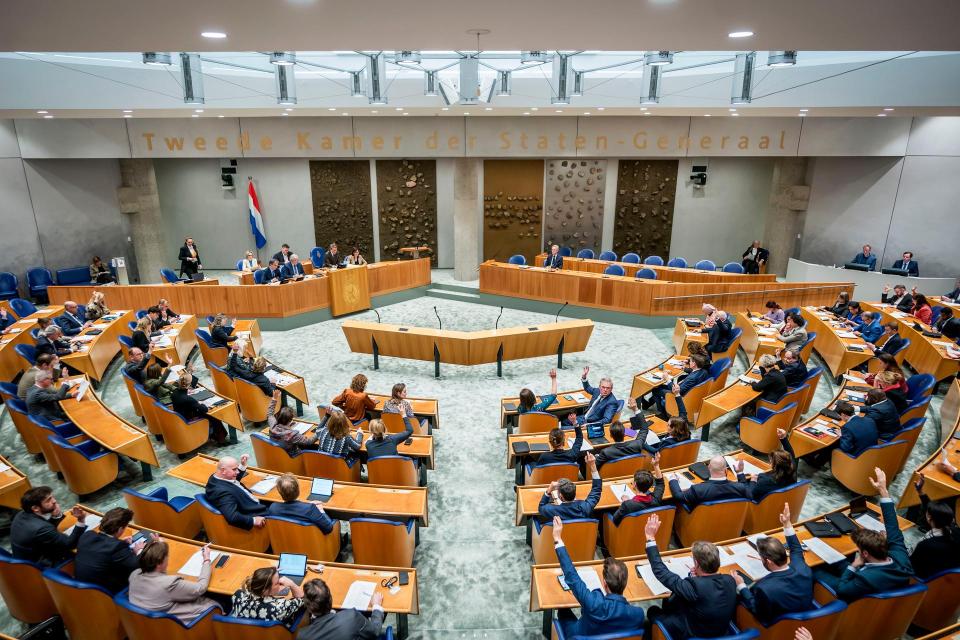Future Uncertain for SME Loan Guarantee Scheme in Dutch Caribbean

The future of the SME Loan Guarantee Scheme for small and medium-sized businesses in Aruba, Curaçao, and Sint Maarten hangs in the balance. During a recent debate in the Dutch Parliament, doubts were raised about whether the program will continue beyond its initial phase.
The scheme was launched to help Caribbean entrepreneurs gain better access to financing. While the program has only recently begun, it is already set for a formal review in 2027. This review will determine whether the initiative is extended and, crucially, who will foot the bill for that extension.Dutch Parliament Expresses ConcernsState Secretary Zsolt Szabó explained during the debate that no long-term funding commitments have been made. Instead, the evaluation in 2027 will guide future decisions.Some Dutch lawmakers are skeptical about the Netherlands continuing to fund the scheme. Member of Parliament Aukje de Vries from the VVD party was particularly vocal. She argued that financial responsibility should rest with the Caribbean countries themselves, not Dutch taxpayers.“I believe the autonomous countries should cover the costs,” said de Vries. Her remarks reflect a broader sentiment that the Caribbean territories must take more ownership of their economic development programs.Sustainability Funding Also Under FireDe Vries also took aim at how funds from the SDE++ program are being used. This Dutch initiative supports sustainable energy projects, and it is financed by energy consumers in the Netherlands.“Households here are paying through their energy bills,” she said. “We need to look at whether Curaçao, Aruba, and Sint Maarten can also contribute financially to access these funds. Right now, it’s only the Dutch paying.”Her comments suggest growing frustration in parts of the Dutch political landscape.

There’s a sense that the financial burden of Kingdom-wide programs is falling unevenly on the Netherlands.Tensions Within the KingdomThe debate highlights broader tensions within the Kingdom of the Netherlands. While the Caribbean countries are autonomous, they still rely on Dutch support in many areas—especially during times of crisis or economic need.Financial support from the Netherlands often comes with expectations. Dutch politicians increasingly want to see shared responsibility from the Caribbean side. The SME scheme is now becoming a flashpoint in this ongoing dialogue.
Local Benefits, National QuestionsDespite the uncertainty, the SME Loan Guarantee Scheme has real potential benefits for businesses in the Dutch Caribbean. Small businesses in these islands often struggle to secure loans due to high risks and limited collateral. The guarantee program aims to reduce those barriers and encourage economic growth.Still, questions remain about long-term viability. Who benefits most? Who pays? And how should financial responsibility be distributed among Kingdom partners?The 2027 review will be key. If the Caribbean countries show results and offer to co-finance the program, the Netherlands may be more willing to continue its involvement. On the other hand, if the financial burden remains one-sided, opposition within Dutch politics could increase.
The Road AheadThe future of the SME loan guarantee program will depend on negotiation and mutual understanding. While Dutch lawmakers are raising valid concerns about cost-sharing, the Caribbean countries will need time to build the institutional and financial capacity to take on greater responsibility.State Secretary Szabó has not ruled out future Dutch support. But he made it clear that ongoing funding isn’t guaranteed.
Instead, the Netherlands expects results, accountability, and perhaps a financial contribution from the islands.In the end, the debate reflects a larger question facing the Kingdom: how to balance autonomy with solidarity. As Aruba, Curaçao, and Sint Maarten seek to grow their economies, and as the Netherlands seeks to control costs, both sides will need to find common ground.The SME Loan Guarantee Scheme represents a promising tool for Caribbean economic development. But its future is far from secure.
The Dutch Parliament has signaled that continued funding is not automatic. As 2027 approaches, the islands will need to prepare for a serious discussion about who pays, who benefits, and how to build a fairer partnership within the Kingdom.

